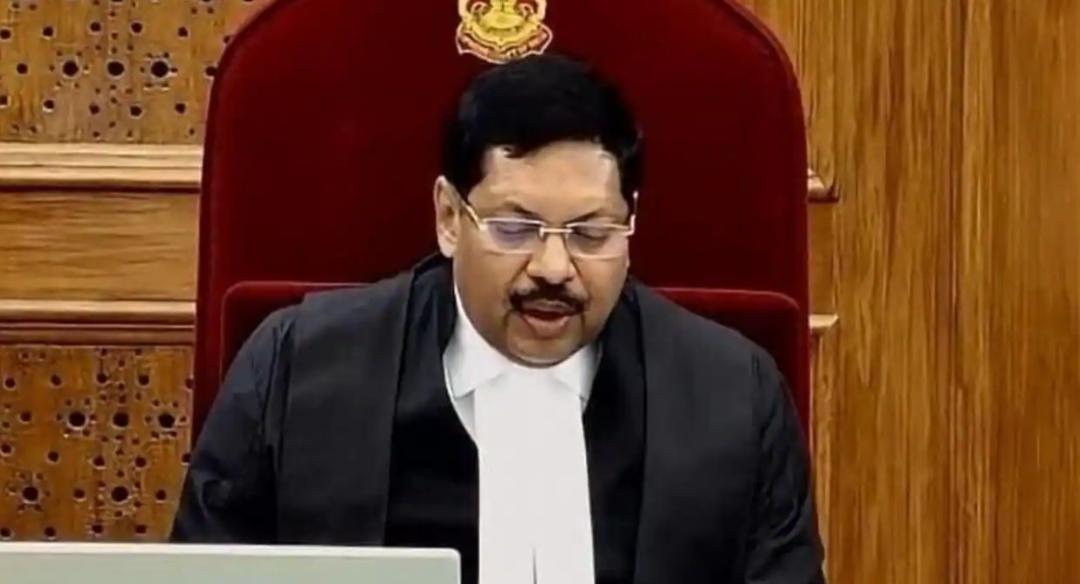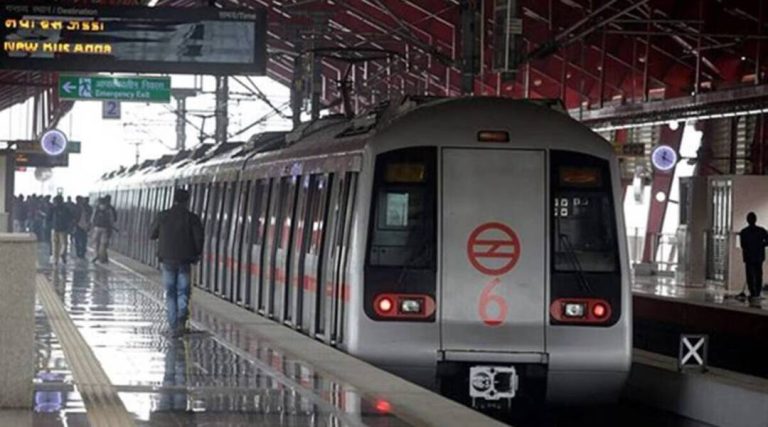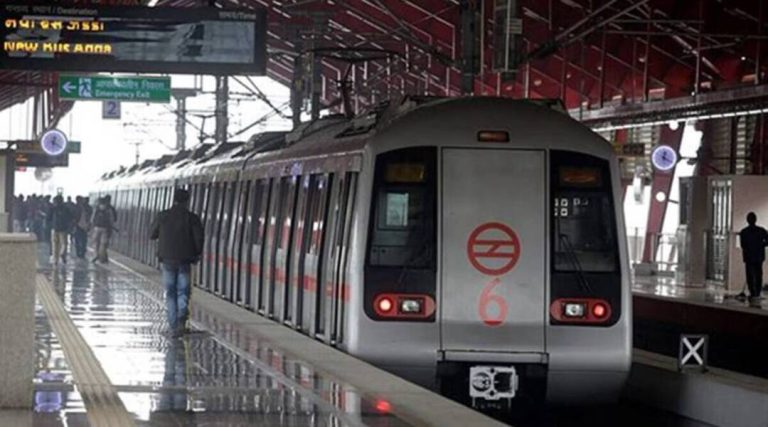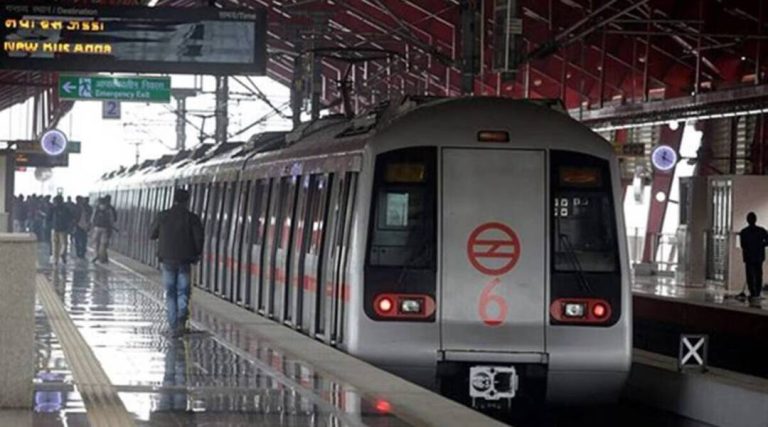
Passing ‘bulldozer order’ was my most important one: CJI Gavai
As the Chief Justice of India (CJI) BR Gavai prepares to retire on November 23, he has been reflecting on his tenure and the significant judgments he has delivered during his time in office. In a recent interview, CJI Gavai revealed that one of his most important judgments was the one against “bulldozer justice,” a term used to describe the demolition of houses as a form of punishment for alleged crimes. The CJI’s remarks highlight the importance of upholding the rule of law and protecting the rights of citizens, even in the face of public pressure to take a tough stance on crime.
The judgment in question was likely a significant one, as it tackled the contentious issue of demolishing houses as a form of punishment. The CJI’s question, “How can a house be demolished just because a person is accused of a crime or convicted of it?” gets to the heart of the matter. It is a fundamental principle of justice that punishment should fit the crime, and that the rights of individuals should be protected, even if they are accused or convicted of a crime. Demolishing a house, which is often a family’s sole asset and source of shelter, can have devastating consequences for innocent family members, including women and children.
The CJI’s judgment against bulldozer justice is a significant one, as it upholds the principles of justice and fairness. It is a reminder that the judiciary has a critical role to play in protecting the rights of citizens and ensuring that the rule of law is upheld. The CJI’s remarks also highlight the importance of an independent judiciary, which is free from political pressure and able to make decisions based on the law, rather than public opinion.
As CJI Gavai prepares to retire, his legacy will be remembered for his commitment to upholding the rule of law and protecting the rights of citizens. His judgment against bulldozer justice will be seen as a significant milestone in the fight against arbitrary and excessive punishment. The CJI’s remarks also serve as a reminder to his successor, CJI-designate Justice Surya Kant, of the importance of upholding the principles of justice and fairness.
CJI-designate Justice Surya Kant will succeed CJI Gavai on November 24, and will have big shoes to fill. Justice Kant will be tasked with leading the judiciary at a critical time, when the rule of law and the protection of citizens’ rights are under threat. The new CJI will have to navigate complex issues, including the use of technology in the justice system, the protection of individual rights, and the balance between national security and civil liberties.
As the judiciary continues to evolve and adapt to changing circumstances, it is essential that the principles of justice and fairness are upheld. The CJI’s judgment against bulldozer justice serves as a reminder of the importance of protecting the rights of citizens and ensuring that the rule of law is upheld. It is a significant milestone in the fight against arbitrary and excessive punishment, and will be remembered as a highlight of CJI Gavai’s tenure.
In conclusion, CJI Gavai’s judgment against bulldozer justice is a significant one, and will be remembered as a highlight of his tenure. The CJI’s remarks highlight the importance of upholding the principles of justice and fairness, and serve as a reminder to his successor of the critical role that the judiciary plays in protecting the rights of citizens. As the judiciary continues to evolve and adapt to changing circumstances, it is essential that the principles of justice and fairness are upheld, and that the rule of law is protected.
The CJI’s legacy will be remembered for his commitment to upholding the rule of law and protecting the rights of citizens. His judgment against bulldozer justice will be seen as a significant milestone in the fight against arbitrary and excessive punishment. As CJI-designate Justice Surya Kant prepares to take office, he will be tasked with building on the legacy of his predecessor, and ensuring that the judiciary continues to uphold the principles of justice and fairness.
The judiciary has a critical role to play in protecting the rights of citizens, and ensuring that the rule of law is upheld. The CJI’s judgment against bulldozer justice serves as a reminder of the importance of an independent judiciary, which is free from political pressure and able to make decisions based on the law, rather than public opinion. As the country moves forward, it is essential that the judiciary continues to uphold the principles of justice and fairness, and that the rule of law is protected.
In the end, the CJI’s judgment against bulldozer justice will be remembered as a significant milestone in the fight against arbitrary and excessive punishment. It is a reminder of the importance of upholding the principles of justice and fairness, and serves as a testament to the critical role that the judiciary plays in protecting the rights of citizens. As the country moves forward, it is essential that the judiciary continues to uphold the principles of justice and fairness, and that the rule of law is protected.






